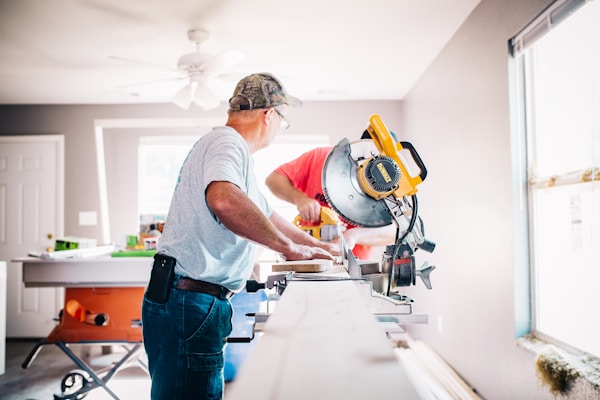
What Are the Requirements for Passing a Home Inspection?
A home inspection is a visual examination of the physical structure and systems of a house. It is not an appraisal, which determines a home’s market value, or a code compliance inspection, which verifies that a building meets local construction codes. A home inspector examines the entire structure and property to identify problems that could affect the safety or livability of the home.
When you are buying or selling a home, you will want to have it inspected by a professional. This is to ensure that the home is in good condition and that there are no major repairs needed. The inspector will check the roof, the foundation, the plumbing, and more. In order to pass a home inspection, a property must meet certain requirements. These include having working plumbing and electrical systems, no serious structural damage, and no major health or safety hazards. If the property does not meet all of these requirements, the inspector will issue a report listing the deficiencies. Some items must be corrected immediately, and others can be used in the negotiation. Let’s take a closer look at what you can expect from a home inspection.
Repair Issues

When a home inspector is hired to inspect a property, they are looking for any and all deficiencies in the home. This may include items that are required by law to be fixed before the sale of the house can go through, such as a faulty roof or peeling paint. It may also include less severe issues that the buyer and seller can negotiate over, such as a dripping faucet.
If the home inspector finds something that needs to be fixed, they will put together a remediation list. This is a list of all of the things that need to be fixed immediately in order for the sale to go through. It is up to the buyer and seller to decide whether or not these fixes will happen before or after the sale goes through. Sometimes this can include environmental and safety issues such as leaking heating oil or other hazardous materials that require emergency remediation.
Home Exterior

When you are buying a home, it is important to get an exterior home inspection. This will help you to identify any potential problems with the home before you buy it. The inspector will check the roof, the windows, the doors, and the siding for any damage or flaws. They will also check the foundation and the drainage system for any potential problems.
The inspection will include a thorough examination of your roof to take a look at the condition of the roofing materials. The shingles shouldn’t be missing, cracked, or curling. It will also include a check for any signs of water damage, such as water stains on the ceilings or walls. Water damage could mean that there is a problem with the roofing materials or that there is a leak in the roof. In addition, the inspector will look at the roofing vents and chimneys to make sure that they are in good condition and that they are not leaking. The flashing around the vents and chimneys should also be properly sealed.
There are a few requirements for home siding that must be met in order to pass a home inspection. The siding must be properly installed and sealed, and it must be in good condition. If the siding is damaged or missing, the inspector will note this in the report. Additionally, the inspector will check to make sure that the siding is properly aligned and that there are no gaps between the panels.
Home Interior

A thorough home inspection will ensure that all aspects of the interior structures and major home systems are in working order. The inspector will look at the electrical, plumbing, and HVAC systems to make sure they are in good condition. The inspector will also check for any signs of damage or corrosion. All wiring and plumbing should be up to national and local government codes.
The inspector will also look at the floors, walls, ceilings, doors, and other interior structures to make sure they are in good condition. The inspector will check for any signs of damage, such as water damage or cracks in the walls. The inspection will assess the soundness and safety of all structures. You will also get a report about problems with any appliances or other mechanical items.
Overall, the requirements for passing a home inspection are important to ensure the safety and well-being of the occupants of the home. By having a home inspection, potential problems with the home can be identified and addressed before they become bigger issues.
